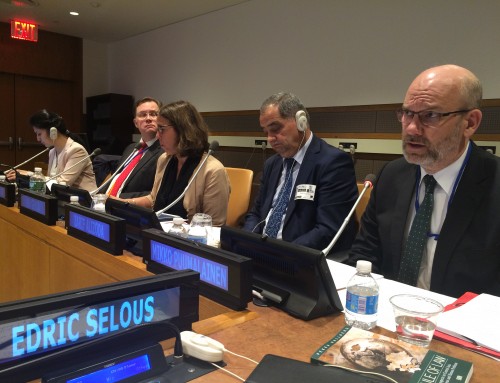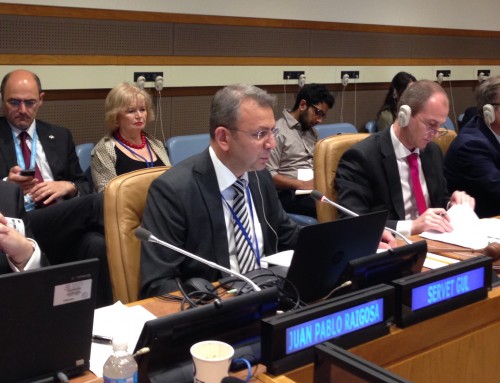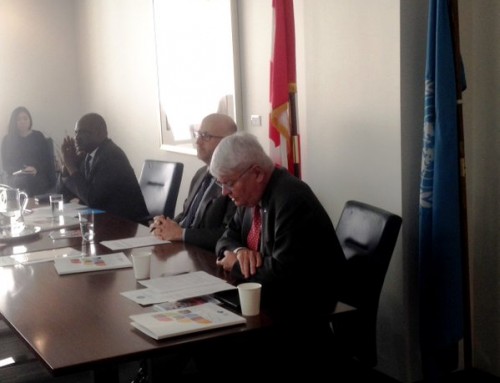The Group of Friends of Corrections in Peace Operations, a Member States-driven initiative providing support and expert advice on correctional issues to the Department of Peacekeeping Operations, met in New York on 11 and 12 January to define the Group’s priorities for 2016 and 2017.
High on the agenda of the Group, which is currently chaired by Canada, are training initiatives for UN corrections personnel as well as national prison authorities in post-conflict settings. The Group is working to expand and update its pre-deployment training for government-provided corrections personnel with the first French-speaking pre-deployment training scheduled for March. The Group has further initiated the development of Train-the-Trainer materials on the management of female prisoners and the United Nations Rules for the Treatment of Women Prisoners and Non-custodial Measures for Women Offenders, also known as the UN Bangkok Rules, in order to help advance the Women, Peace and Security agenda in the corrections area.
Having hosted a high-level panel discussion on Countering Violent Extremism in Post-Conflict Prison Settings on 11 January, the Group will continue to promote an international dialogue and exchange of best practices on the topic, including through support to the Sixth United Nations International Corrections in Peacekeeping Conference in Zambia in May 2016 which will focus on the management of high-risk prisoners, including prisoners associated with violent and extremist groups.
The Group of Friends was formed in 2009 and is comprised of 44 Member States and their correctional services, as well as Correctional Subject Matter Experts from UN entities, non-governmental organizations, and other partners with an interest in corrections in peace operations. In close cooperation and collaboration with the Criminal Law and Judicial Advisory Service (CLJAS) of DPKO, the Group aims to increase awareness of the importance of corrections in peace operations, to promote the deployment and development of high calibre government-provided corrections personnel, and to support activities to help strengthen prison systems in post-conflict settings.
For more information on the Group of Friends, please contact CLJAS (dpko-cljas@un.org).












